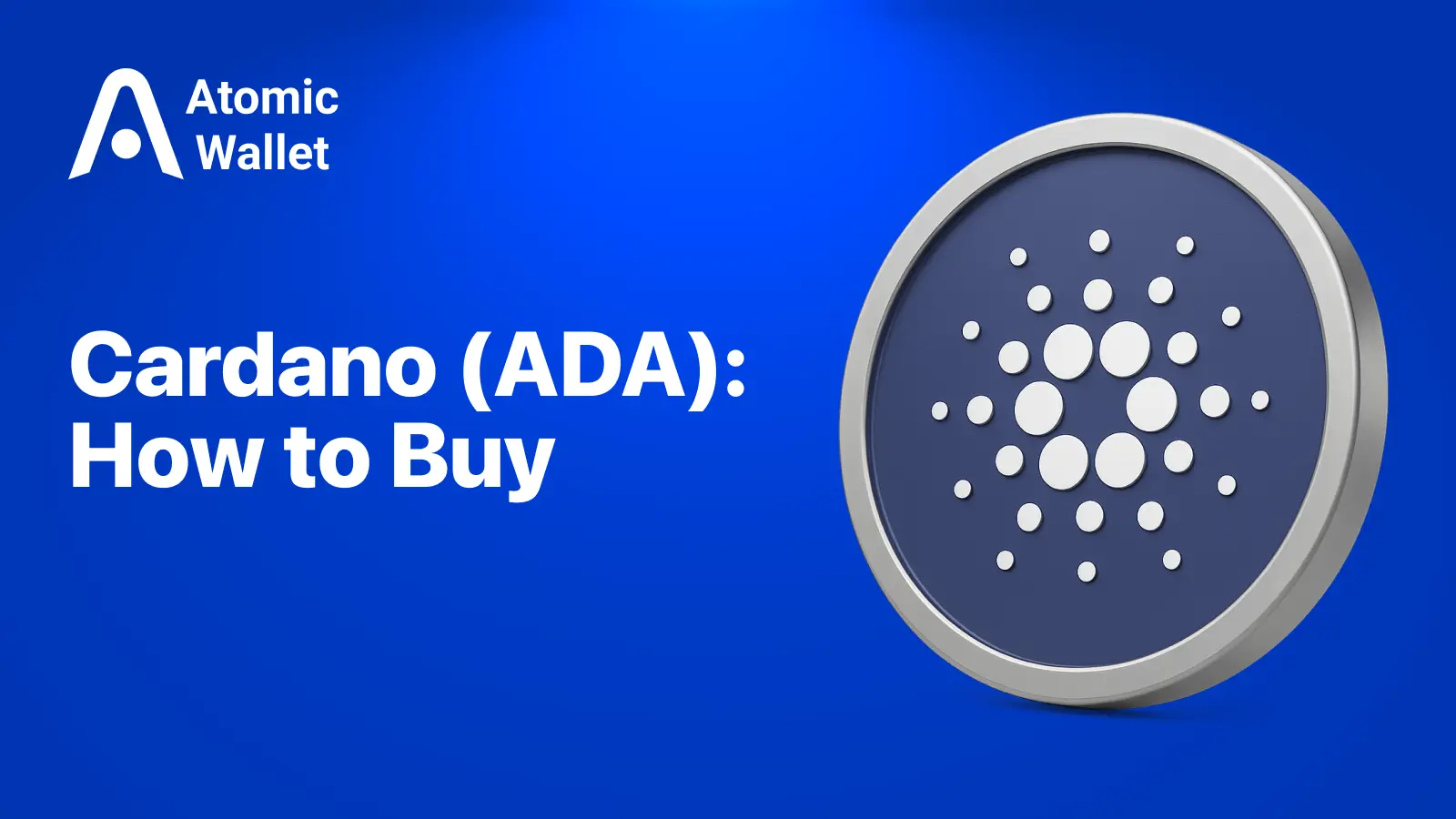Assets

Exchange

Buy Crypto




When you start searching for Bitcoin Wallet on Google, the first web page will immediately show you tons of different wallets: cold wallets, hot wallets, exchanges, web extensions, paper wallets, nodes, and more. It would be best if you found your way somehow to interact with cryptocurrency. Given the diversity, the only question that remains is how to choose the Bitcoin wallet that you need?
Let’s take a look at the main aspects of cryptocurrency wallets and pick the best one for HODLing your BTC in it.
There are plenty of options to store your Bitcoin in it. Let’s take a look at the different types of cryptocurrency wallets.

Hot Wallets are the most popular for users. Works as websites that provide you with a service for funds management, exchange, buy Crypto, and cryptocurrency trading.
Examples: Coinbase, Bittrex, Binance, BitPay, and many more.

Pros: You can restore your funds and have access to them at any time. Support exchange options and buy Crypto with a card.
Cons: Centralized. You don’t have access to your private keys. Your funds are stored on the server, and a company controls them. KYC/AML is required in most cases for registration. You need to keep your email protected from hackers.
Cold Wallets, work as a software application that allows you to sign transactions and store funds offline with low risks of hacking.
Examples: Paper Wallets, Bitcoin Core, etc.

Pros: No internet required. You can store your BTC on the hard drive, USB device, on a piece of paper, etc.
Well-protected (no online thefts). No unique application/device required. Free.
Cons: Not convenient to use it to send funds to other addresses or use it daily.
Hardware Wallets, represent a particular USB device that stores your funds offline on it and can sign transactions to send them to other addresses. They usually have an additional software application allowing you to manage your cryptos and sign transactions. Basically, it’s the same thing as regular cold wallets, except for that your private keys are encrypted in a hardware wallet.
Examples: Trezor, Ledger.

Pros: You control your funds. Well secured. Convenient to everyday use. May support exchange and other services.
Cons: High price against completely free light wallet applications.
Light Wallets are desktop / mobile applications that do not necessarily require access to the internet and provide many options to manage different cryptocurrencies. They can also support various services (exchange options, buy Crypto, trading desks, and more). In general, light wallets are non-custodial and keep your private keys on your device. This allows using of light wallets as cold storage.
Examples: Atomic Wallet, Exodus, JAXX, Electroneum.

Pros:
You can handle different cryptocurrencies in one application. It provides you full access to your funds. In most cases, your addresses are generated from a seed phrase. Often supports additional functions as Exchange or Buy Crypto. In most cases, provide a friendly UI.
Cons:
You need to take care of your seed phrase. (To store it safely)
1. Security. Wallet security means the way your funds are protected from frauds and hacking, how you manage private keys, and what security technologies a particular wallet supports.
Let’s compare hot and cold wallets in terms of security.
In hot wallets, you don’t have access to your private keys, as those are stored on the servers of that wallet provider. Accounts on exchanges like Binance or Coinbase are considered to be hot. Although some of them don’t expose you to a high risk of hacking, the best practice is to store your bitcoins in small amounts. Security depends on your trust level for such services. Some of them proved their security through the years; some of them don’t. For example:

In cold wallets, you fully control your private keys. Each time you send/receive money, the wallet assigns your transaction to broadcast it to the blockchain. Some of the wallets support MultiSig (when several approvals are required for transaction processing).
2. Accessibility. This feature implies simplicity in use and the ability to withdraw your funds from the wallet. A friendly user interface is a vital point for new users. When choosing a bitcoin wallet, please pay attention to its interface and the amounts you can operate with. Some wallets allow withdrawing funds only partially. It concerns mostly custodial exchange accounts.
3. Functionality. If you want to choose a good BTC wallet, check it for multi-services support, ability to exchange cryptocurrency/ buy bitcoin, and other Crypto with a bank-card/PayPal, etc.) In some wallets, like Atomic or Exodus, it’s possible to exchange your funds right in the application without visiting third party websites.
4. Customer Support. This is an essential feature. Excellent customer care is a sign of a good product. How fast will the support team help you if you have any trouble? The crypto market is too volatile to wait days/weeks, someone to fix the issue. 24/7 customer support is the best practice.

Learn how to buy Cardano (ADA) in 2026, what drives ADA price, and how to trade Cardano using spot or perpetual futures. A clear beginner-friendly guide.